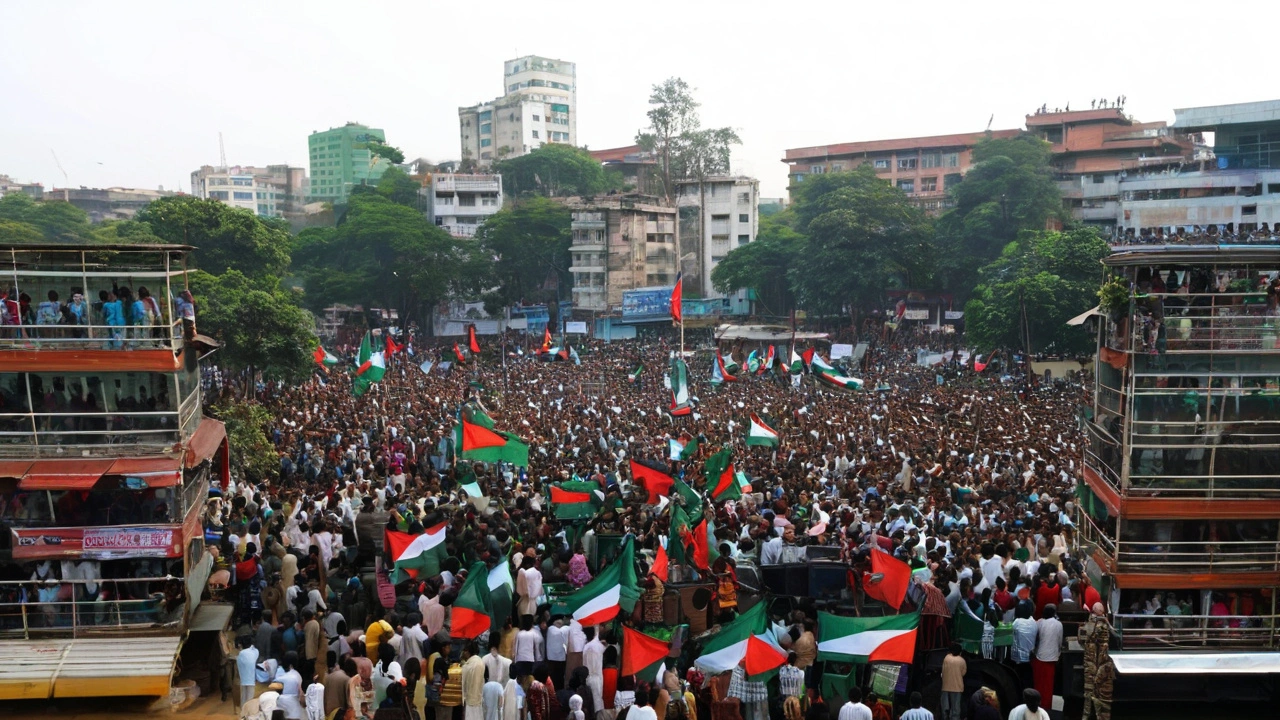Understanding Political Unrest: What’s Going on and Why It Matters
When you hear about political unrest, it usually means there’s tension or conflict between people and their government or among different groups. This can happen anywhere but often grabs headlines when it leads to protests, clashes, or big shifts in power. For folks in South Africa and around the world, keeping track of these events helps us understand the effects on daily life, safety, and progress.
Why Does Political Unrest Happen?
Political unrest often starts from frustration—whether it’s over economic issues, unfair policies, corruption, or lack of representation. For example, President Ruto in Migori faced serious security issues after someone threw a shoe at him during a rally. Events like this expose deeper problems like economic struggles and anger that build up over time. It shows why leaders and citizens need to listen to each other before things boil over.
In South Africa, economic inequality remains a hot topic. Reports highlight how some political figures have failed to deliver on promises aimed at improving conditions for Black South Africans, sparking protests and heated debates. These situations remind us that decisions made at the top ripple down and deeply affect communities.
How Does Political Unrest Affect Us?
Political unrest can shake up everything from local security to business and everyday routines. When tensions rise, governments often respond with measures like tighter security or investigations, as seen when authorities reacted quickly after an incident in Migori. While necessary, these moves sometimes add to frustration if people feel unheard.
For the outdoor lover or the everyday commuter, unrest can mean closed parks, roadblocks, or unpredictable safety conditions. South Africa Outdoor News keeps you in the loop on these developments so you can plan and stay safe. Understanding the reasons behind unrest helps communities come together to find peaceful solutions.
Whether it’s political debates, protests, or government actions, following the news on political unrest helps us all get a clear picture of what’s happening and why it matters. It’s more than headlines—it’s about the stories that impact our neighborhoods, rights, and hopes for the future.
Bangladesh Prime Minister Sheikh Hasina Resigns and Flees Amidst Violent Protests, Reports Al Jazeera
Amidst severe political turmoil, Bangladesh Prime Minister Sheikh Hasina has resigned and fled the country as protesters stormed her palace in Dhaka. The escalation follows weeks of growing discontent driven by economic crises, widespread corruption, and political repression. The international community is closely monitoring this volatile situation as Bangladesh faces an uncertain future.
Read More
